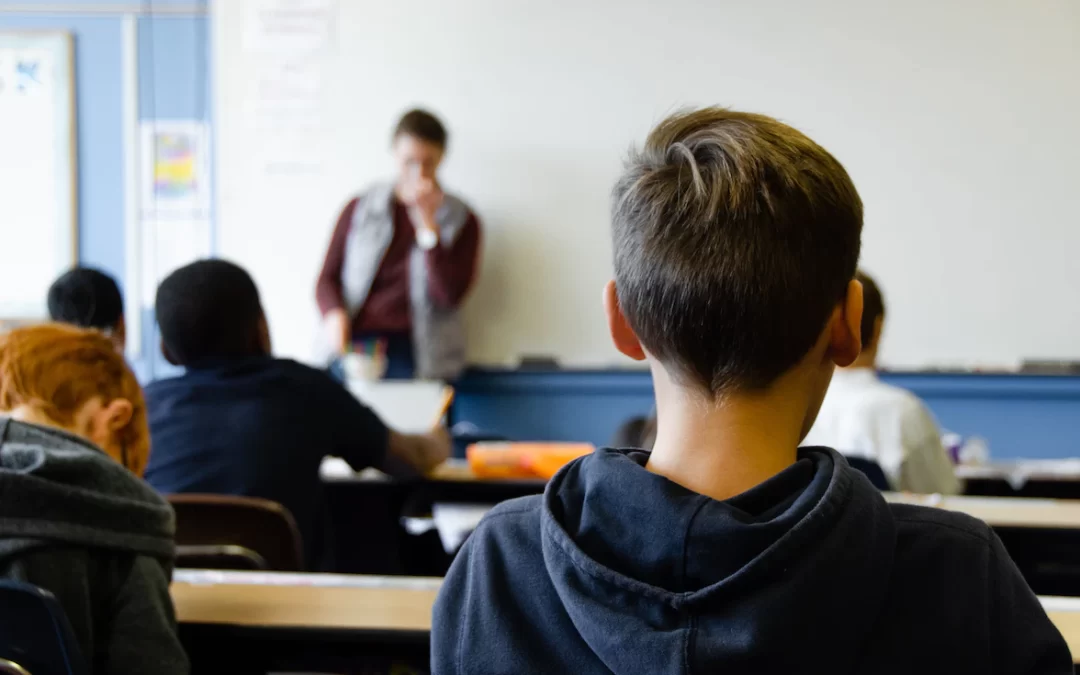Significant concerns have been raised, after Ofsted Inspectors rated a Hereford school as ‘inadequate’ following a recent visit.
Ofsted visited Blackmarston School in Hereford on 20th & 21st June 2023.
The main concern raised about the specialist school was in reference to the leadership and management.
The report, shared by Ofsted said:
“Pupils at Blackmarston School are happy and well cared for. However, pupils do not receive a high enough quality of education.
“Over the last year, school leadership has not been consistent. Governors have not made sure that leaders have the time and capacity to develop and improve the school.
“This has meant that too many areas of the school’s work have not progressed as quickly as they should.
“Many pupils come to the school finding communication difficult. Leaders use a variety of strategies to help pupils to be able to communicate effectively. Staff understand their pupils well. They teach pupils to play and to have positive relationships with each other and with adults. As a result of this, many pupils develop their social skills over time.
“Leaders are developing plans to provide rich opportunities for all pupils. Staff plan trips to the supermarket and provide opportunities for pupils to learn to ride accessible bikes. All pupils go swimming.
“These activities help pupils learn how to navigate the outside world with confidence.
“Some pupils have found out about a community farm in preparation for a visit, and others have watched visiting theatre groups.
“The acting headteacher has a clear understanding of how well the school is doing and what needs to improve.
“However, she has been hampered in her work by a lack of clarity about leadership roles.
“Governors have not acted quickly enough to make sure that there is an appropriate leadership structure in place.
“They have not made sure that leaders have clearly defined roles and responsibilities.
“Leaders do not have enough time to perform their roles. This has led to a lack of stability, and leaders have not made enough progress in improving the work of the school.
“Leaders have planned a curriculum to meet the needs of pupils. Pupils learn to be independent and to understand themselves through their ‘priority learning targets’. They learn these skills through appropriately planned subject curriculums. However, staff have not received training in all the subjects that they teach, and this means that, sometimes, pupils do not learn as well as they could.
“Leaders have developed a way of checking what pupils know and can do. However, assessment is not used well enough to identify what pupils need to learn or to do next.
“Leaders are ambitious that all pupils should learn to read.
“They have worked with speech and language therapists to develop a reading curriculum to help all pupils be able to identify and then physically make the sounds that lead to learning phonics. This has been successful for those pupils who are at the earliest stages of communication.
“A phonics programme has been in place for two years. However, staff have not received effective training in how to deliver this scheme. This means that teaching of reading is not consistent, which in turn hinders pupils’ learning.
“Leaders are aware of this, but they do not have the time and capacity to make the changes that are required.
“Personal, social and health education (PSHE) is woven through everything that pupils learn. Pupils are taught to keep safe and to be able to identify their feelings. This helps them to manage their own behaviour.
“Most children in the early years enjoy an exciting learning environment that encourages them to be curious and to learn to be increasingly independent.
“Leaders make sure that children are taught to manage themselves and learn how to cope in different situations in small incremental steps. As a result, children are settled. They are learning to communicate effectively with adults and with each other.
“Leaders have adopted an approach to behaviour that builds on the positive relationships between pupils and adults at school. As a result of this, the number and severity of behaviour incidents have reduced significantly. However, there is a small minority of staff who do not feel confident in managing behaviour well, and this leads to inconsistencies in how well the behaviour needs of pupils are supported.
“Governors have not discharged their duties well enough. They have not taken quick enough action to secure leadership in the absence of the headteacher.
“There are important areas of work, such as making sure that all policies reflect school processes and practices, that have not been tackled. They do not have sufficient oversight of the current work of the school.”
Full report – https://files.ofsted.gov.uk/v1/file/50230033




